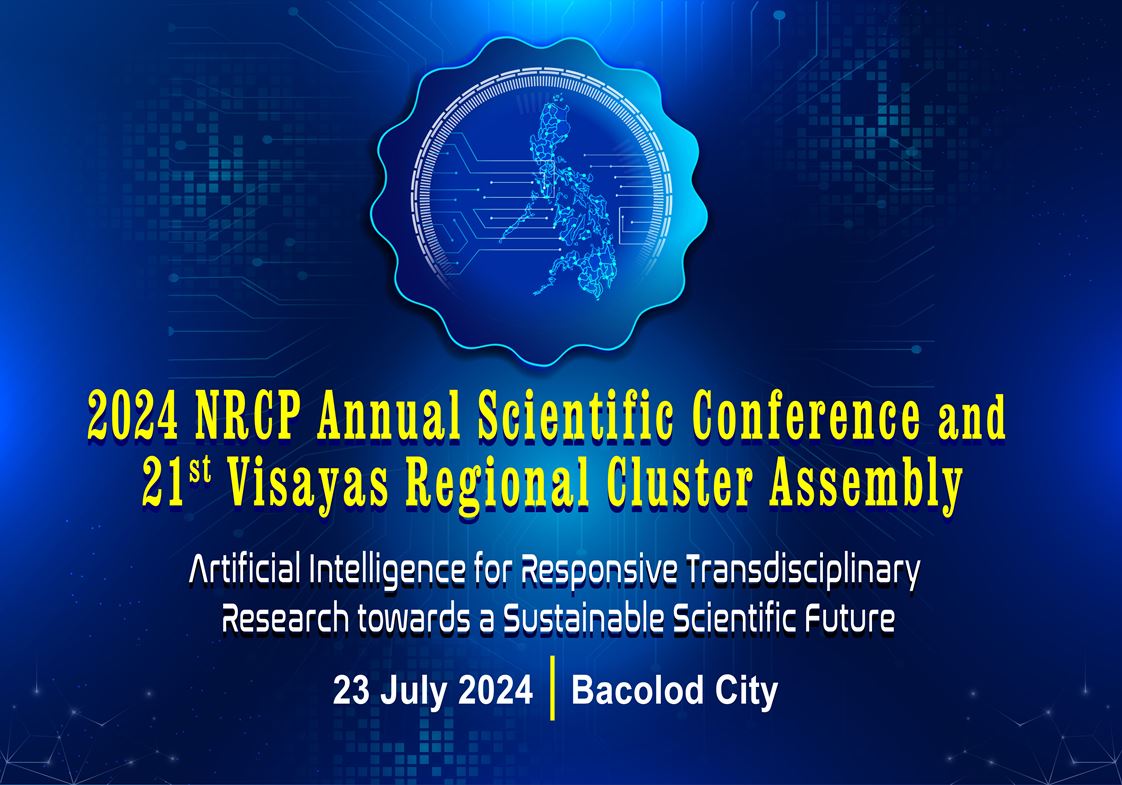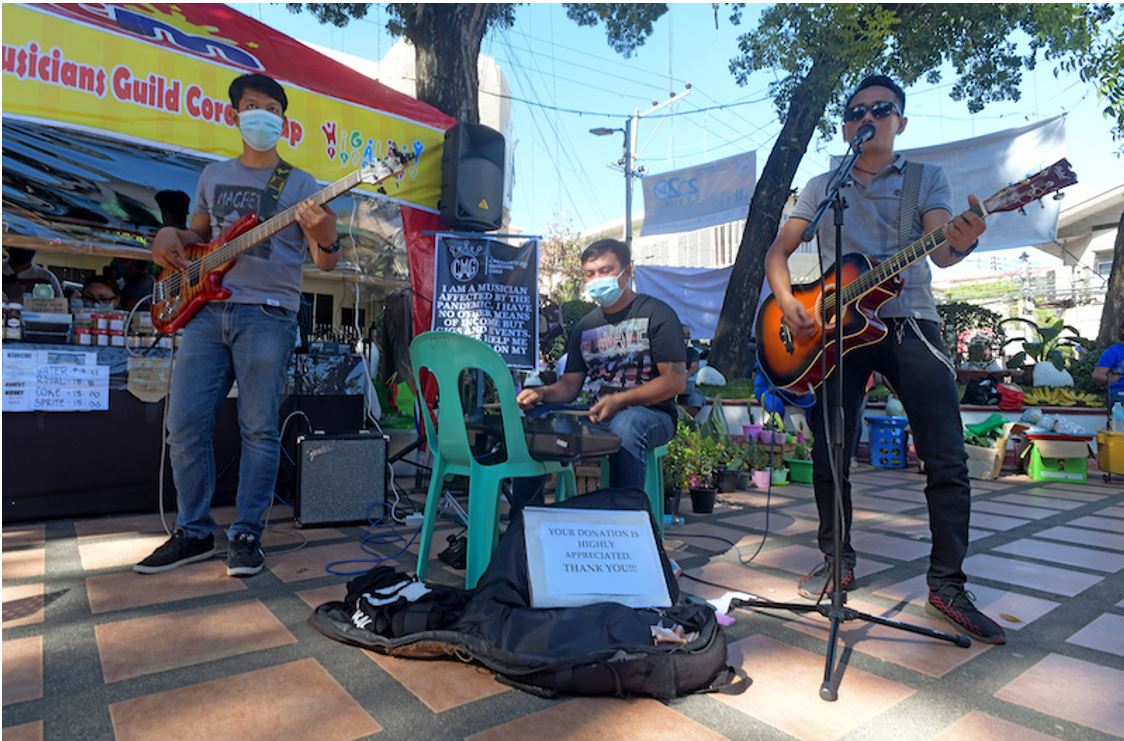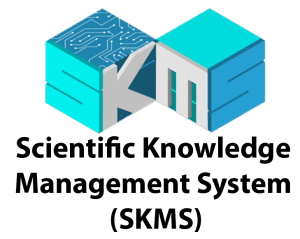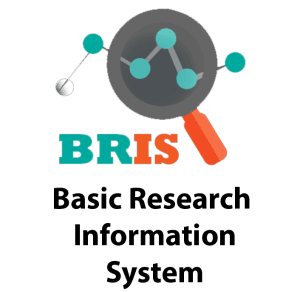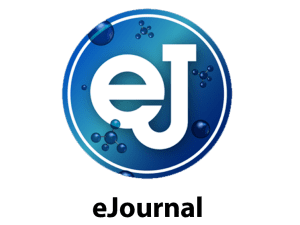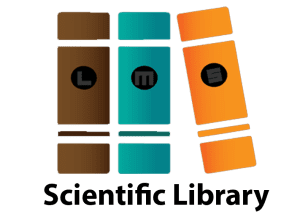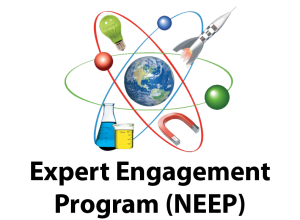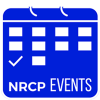HARMONIZING THE BLUE AND GREEN ECONOMIES THROUGH BIO TECHNOLOGY ADVANCEMENT
BY: GLENN FORD B. TOLENTINO
Science Research Specialist II
RIDD-IDS, DOST-NRCP
gftolentino.nrcp.09112023@gmail.com
In a world grappling with the relentless challenges of climate change and environmental degradation, the clarion call for change has never been more resounding. Embracing the symbiotic paradigms of the Blue and Green Economies has emerged as an imperative, echoing from governments and scientists to economists, businesses, and civil societies. These twin models, intertwined by their commitment to sustainability, hold the key to not just economic prosperity but also the salvation of our planet.
The Blue Economy and Green Economy represent a promise of harmonious coexistence between economic growth and ecological stewardship. Their mission is clear: to create wealth, promote social equity, and preserve the fragile tapestry of marine biodiversity. At the heart of their convergence lies the notion that humanity can thrive without forsaking the very earth that sustains it.
Integration and synergy are the watchwords of this transformational journey. By bringing together expert scientists, researchers, shared knowledge, and technological advancements, we set the stage for a brighter, more sustainable future. In fields like molecular biology and biotechnology, sustainable fisheries, oceanic energy generation, and responsible tourism, the promise of the Blue and Green Economies comes to life.
Dr. Rodney H. Perez, a trailblazing Filipino scientist, stood at the forefront of this innovative tide. His groundbreaking work in Lactic Acid Bacteria could hold the key to combating Antimicrobial Resistance, a looming global crisis. Dr. Perez’s research focuses on the intricate world of antimicrobial peptides, known as bacteriocins, derived from lactic acid bacteria. He passionately advocated for the transition from traditional practices to ensure food security while minimizing environmental harm.
“Lactic Acid Bacteria may offer a solution to the problem of Antimicrobial Resistance? But not too fast! My talk narrowly focused on the special group of microorganisms known as lactic acid bacteria and how they can possibly offer a solution in addressing the greatest problem the human race is facing, which is antimicrobial resistance,” remarked Dr. Perez.
His unwavering dedication is changing the lives of ordinary Filipinos, pioneering safe technologies for local food and medical industries
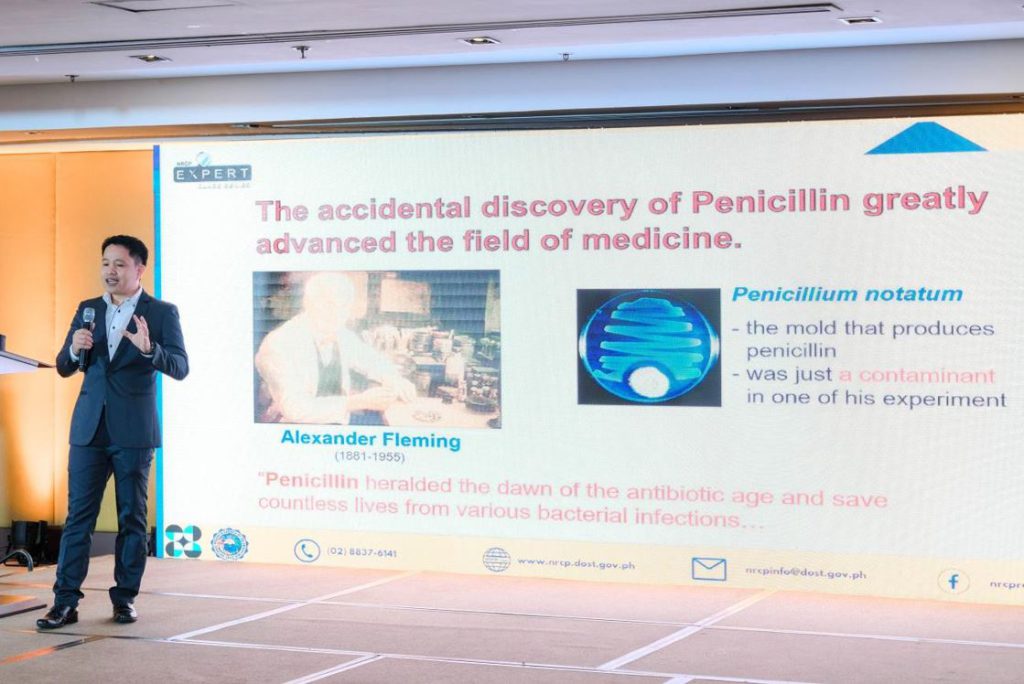
Dr. Perez, a senior university researcher at BIOTECH, has garnered recognition as the first-ever Filipino recipient of the Young Asian Biotechnologist Prize (2021) by the Society for Biotechnology, Japan (SBJ). His journey, marked by a string of accolades, epitomizes the fusion of science, service, and a commitment to a sustainable future.
Dr. Perez is a regular member of Division V, Biological Sciences of the DOST-NRCP, he is a Career Scientist I at the National Institute for Molecular Biology and Biotechnology (BIOTECH), University of the Philippines Los Baños (UPLB).
Charting a Sustainable Course
The success of the Blue Economy extends far beyond scientific laboratories. In the Philippines, an archipelagic nation blessed with abundant coastal resources, the concept has transformed the lives of coastal communities through sustainable seaweed farming. These community-led initiatives generate income while preserving local ecosystems and promoting gender equality by involving women in the industry.
Promoting sustainable ocean-based industries, like offshore wind farms and seaweed aquaculture, aligns with this vision. Renowned scientist Dr. Mary Beth B. Maningas, a champion of innovative molecular technologies, has illuminated the path to sustainability in the shrimp aquaculture industry. Her groundbreaking work in RNA interference (RNAi) and the development of aquaculture techniques underscores the potential of responsible fishing practices and marine biodiversity conservation.
Dr. Maningas also highlighted the potential for blue tourism, citing successful examples from other coastal regions that have leveraged their natural beauty to boost their economies sustainably. She emphasized the need for responsible fishing practices, the development of aquaculture, and the importance of marine biodiversity conservation.
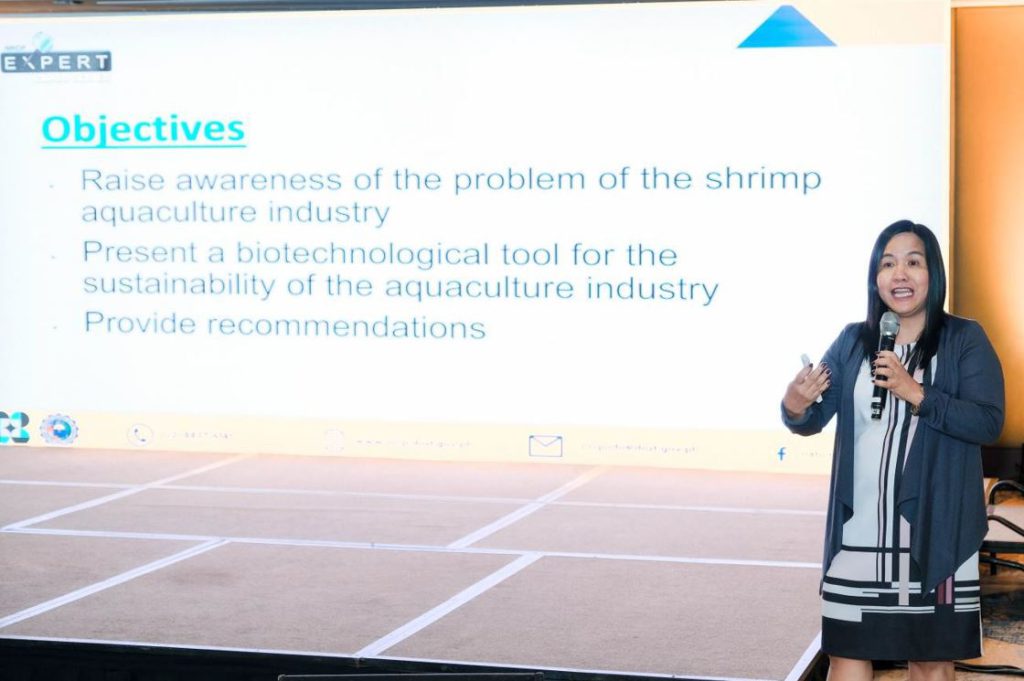
Dr. Maningas, a professor and researcher at the University of Santo Tomas, has not only pioneered RNAi techniques in shrimp but also established the Laboratory of Aquatic Molecular Biology and Biotechnology (LAMBB). Her dedication to shrimp aquaculture extends beyond the laboratory, as she leads the research for the White Spot Syndrome Virus Diagnostic Kit (JAmp), showcasing the economic potential of shrimp while ensuring sustainability.
Dr. Maningas’s vision extends to a “Shrimp Biotechnology Program” that seeks to harness marine ecosystems’ potential while safeguarding their preservation. This groundbreaking approach has earned the University significant grants, paving the way for sustainable practices that can revolutionize the aquaculture industry.
Dr. Maningas is a regular member of the Division V, Biological Sciences, DOST-NRCP, she led the discussion about the highlight of innovative molecular technologies for the sustainability of the shrimp aquaculture industry.
Dr. Maningas established the Laboratory of Aquatic Molecular Biology and Biotechnology (LAMBB) at the University. She is a prolific and multi-awarded scientist working on the detection of disease-causing microorganisms in aqua-cultured shrimps through cutting-edge and innovative molecular technologies.
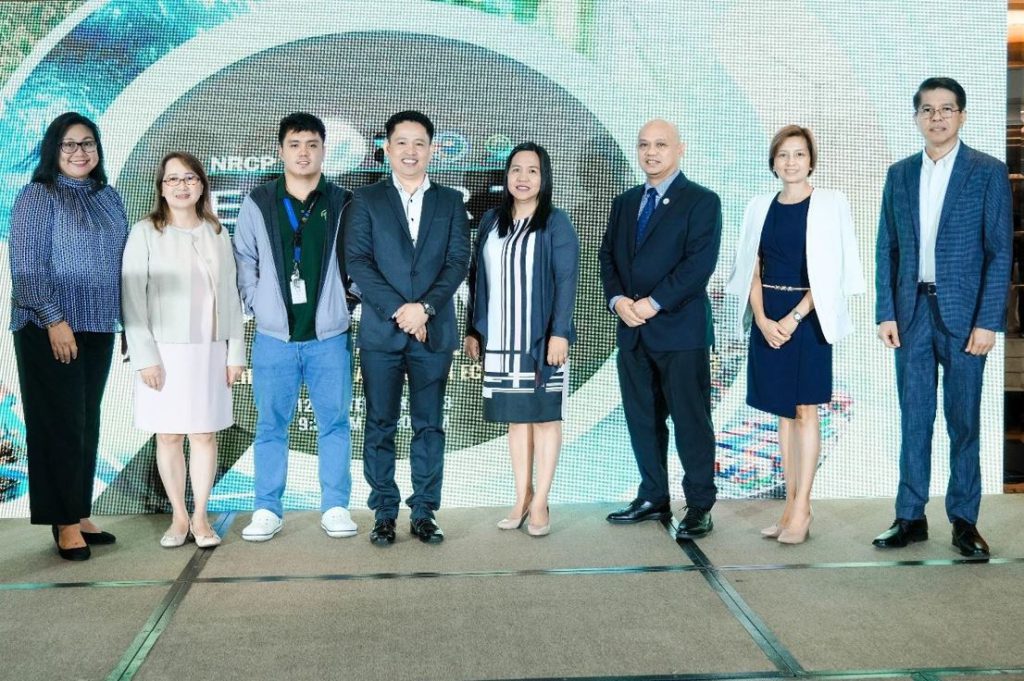
The journey of the Blue and Green Economies is not a mere catchphrase but a visionary path toward a sustainable future. It emphasizes the symbiosis of economic growth and environmental stewardship, a testament to our commitment to a prosperous and resilient world for generations to come.
As the world stands at the crossroads of environmental crisis and economic prosperity, the convergence of the Blue and Green Economies beckons us to forge a new path. With visionary scientists like Dr. Perez and Dr. Maningas leading the way, we are not only unlocking the potential of science but also charting a sustainable course for our planet’s future.
In a recent culmination of the season 3, the National Research Council of the Philippines (NRCP) has not only enlightened but also profoundly inspired viewers with insights into the opportunities and challenges that lie ahead for the nation. These thought-provoking episodes are now readily accessible for viewing on the NRCP’s official Facebook page, providing a valuable resource for those interested in understanding the future prospects of the Philippines.
The two-part finale episodes of NRCP’s Expert Class Season 3, which concluded just days ago, have garnered significant attention for their depth and relevance. The episodes offer a comprehensive exploration of critical domains that will shape the nation’s trajectory in the coming years. The finale episodes can be accessed at the following hyperlinks: https://www.facebook.com/nationalresearchcouncil/videos/207988782283804 https://www.facebook.com/nationalresearchcouncil/videos/126570130509982











